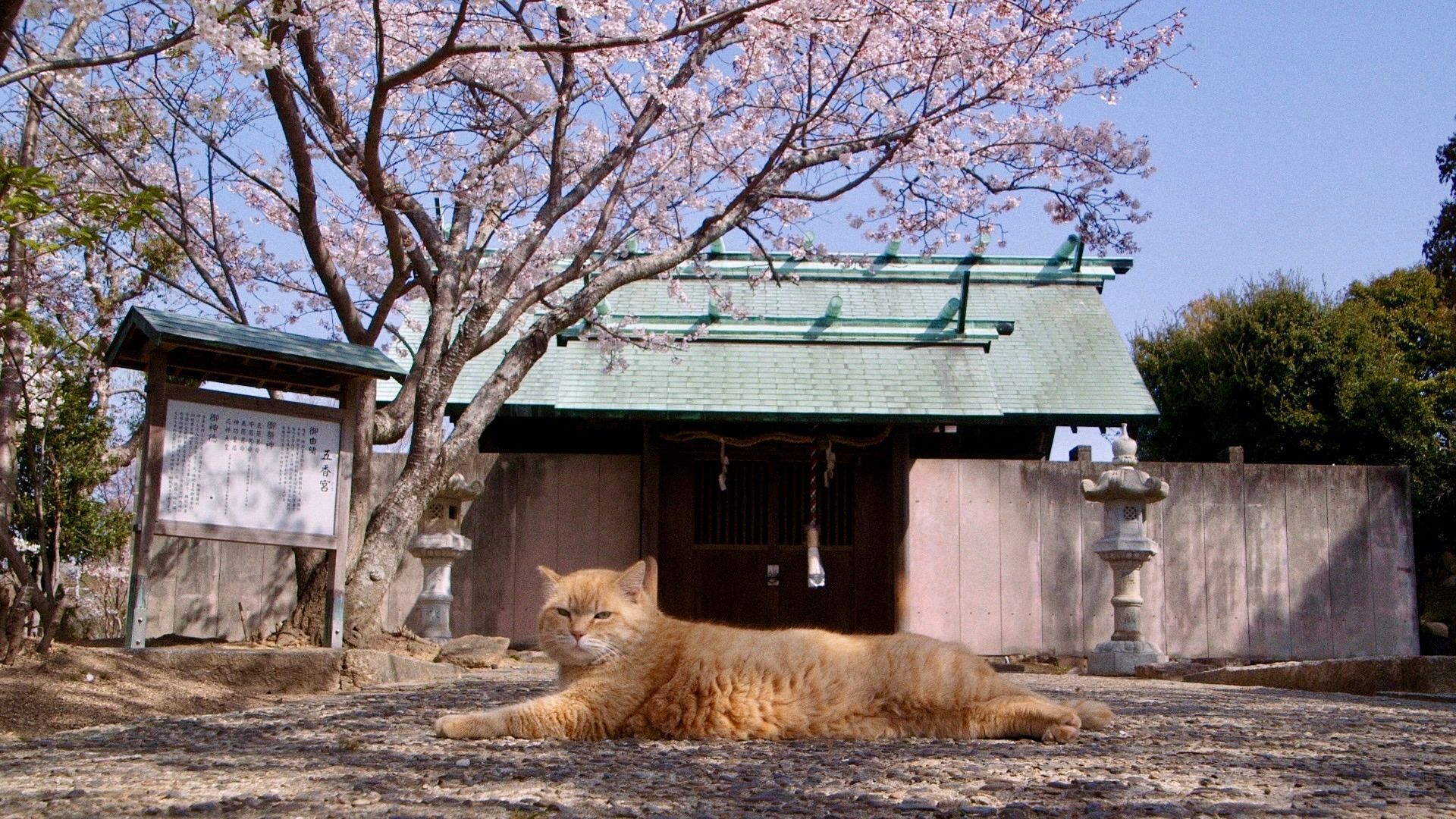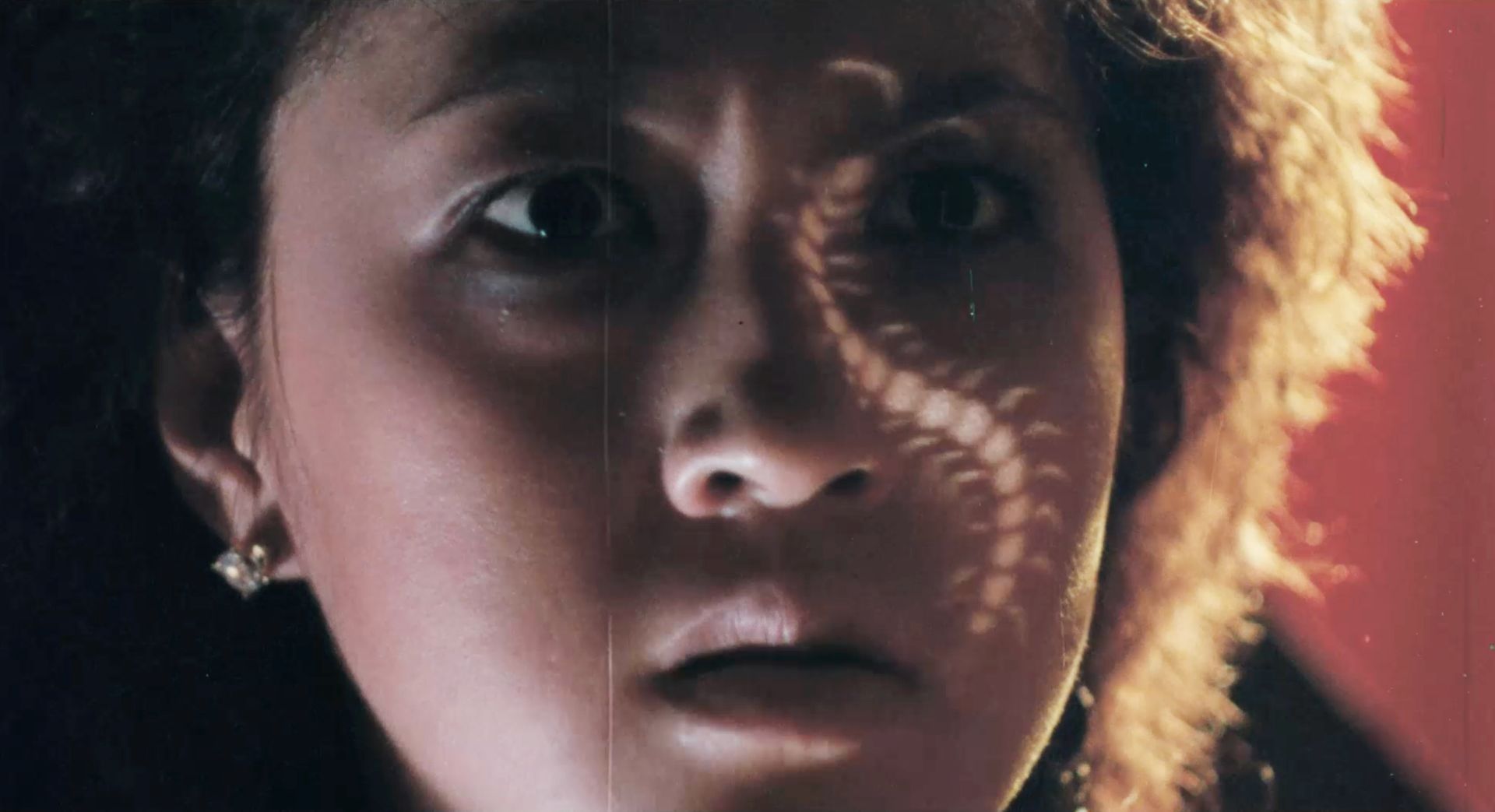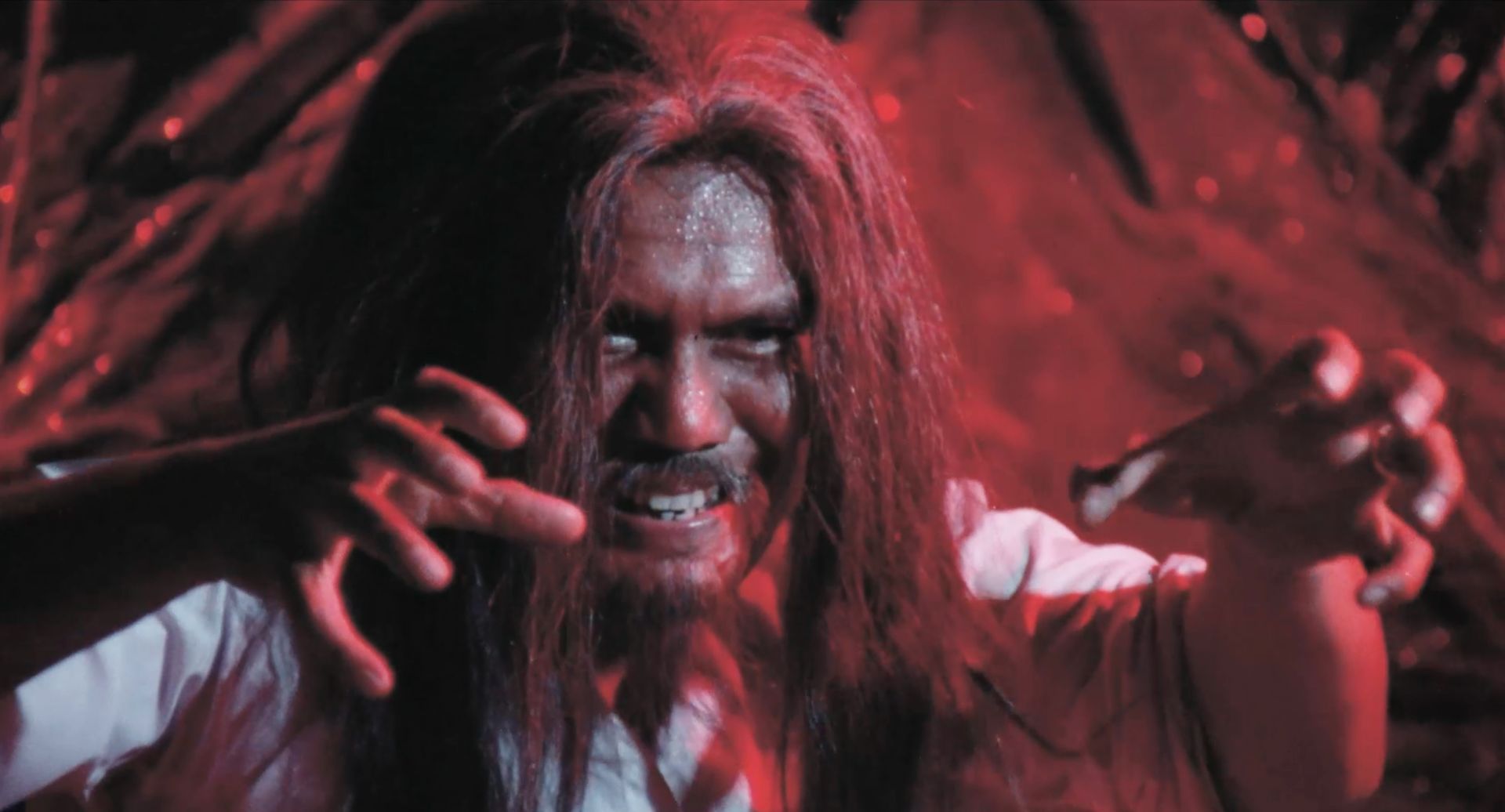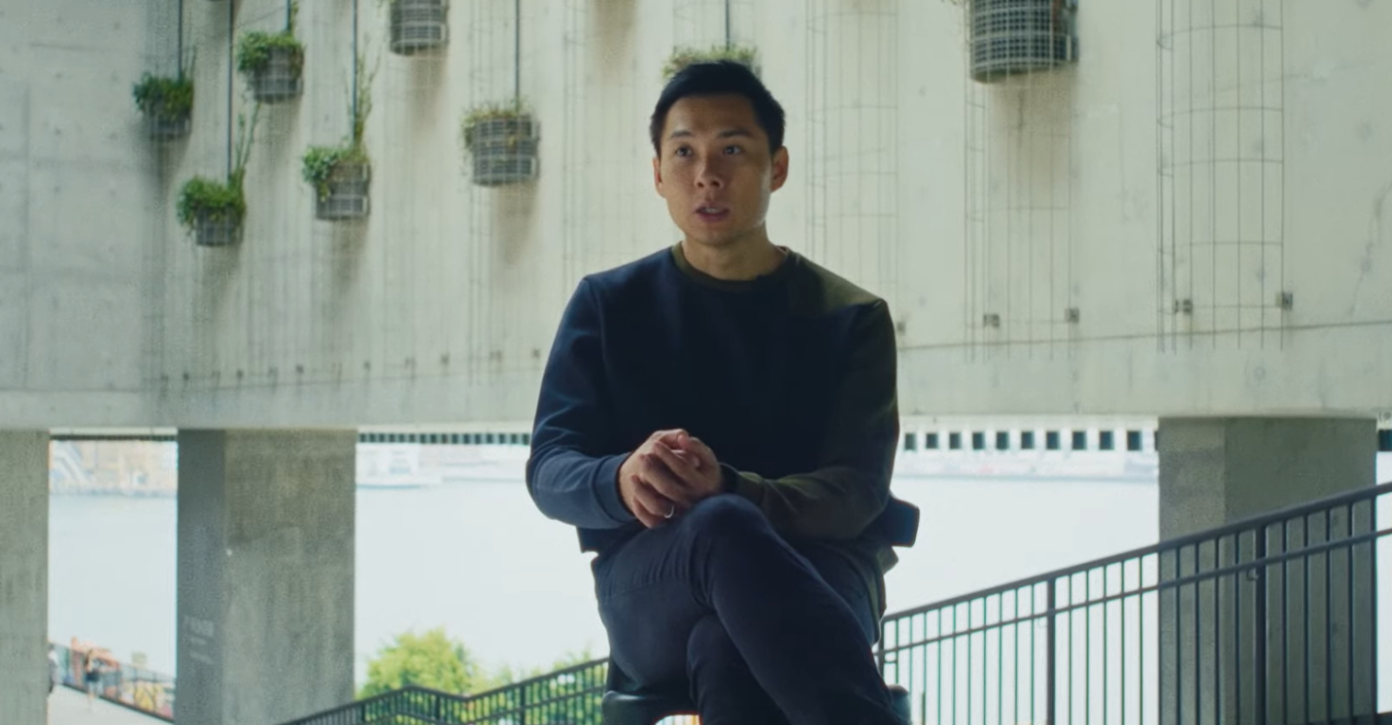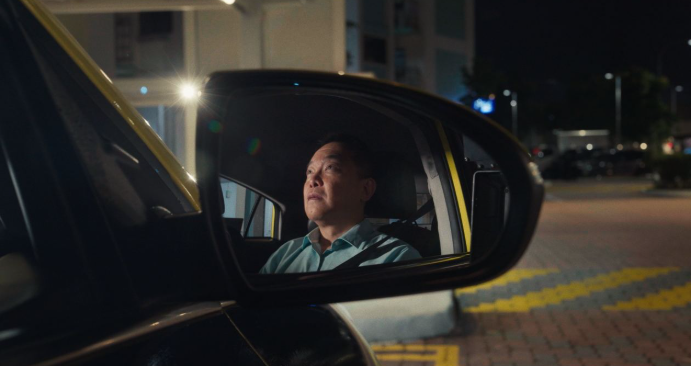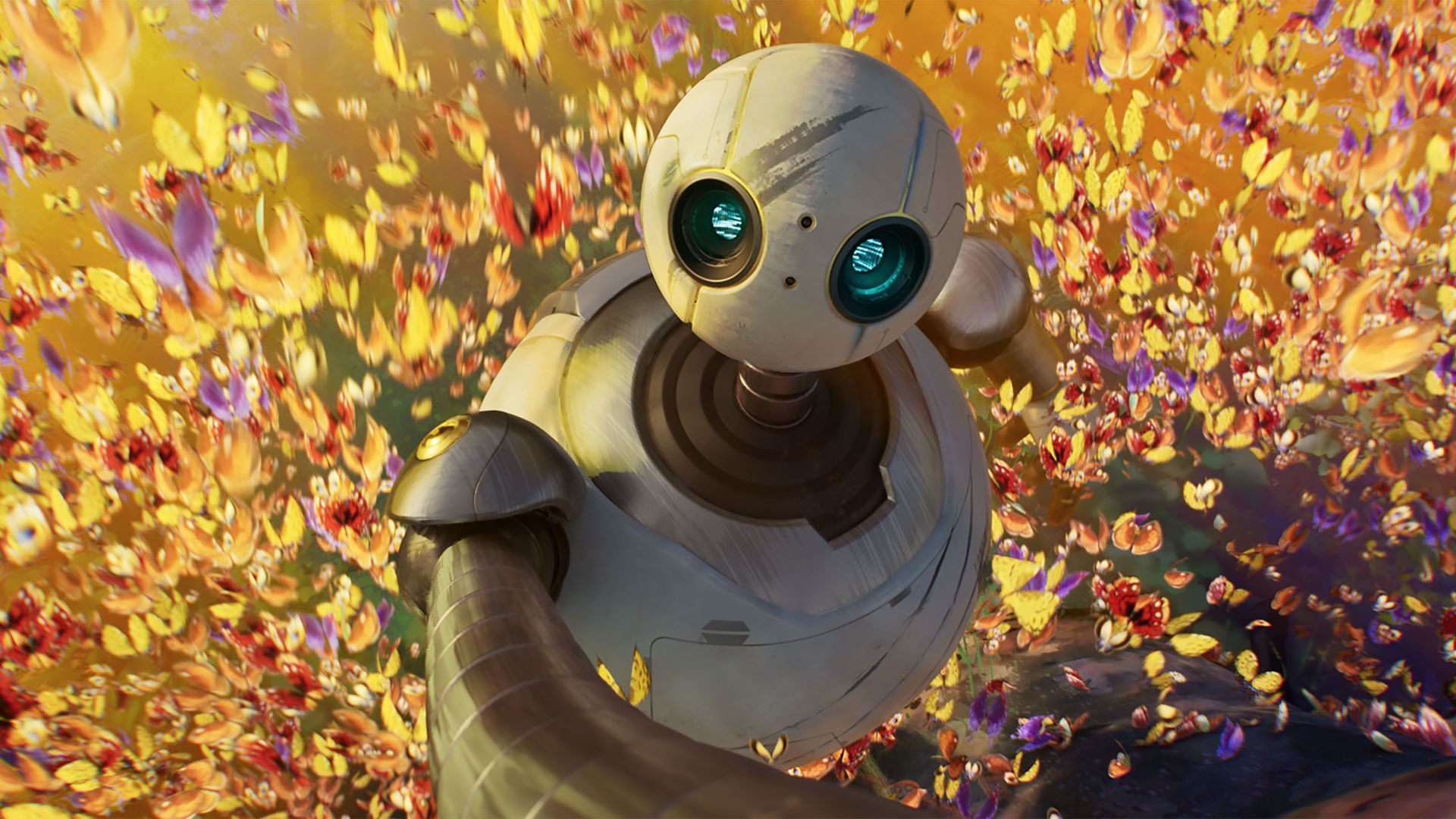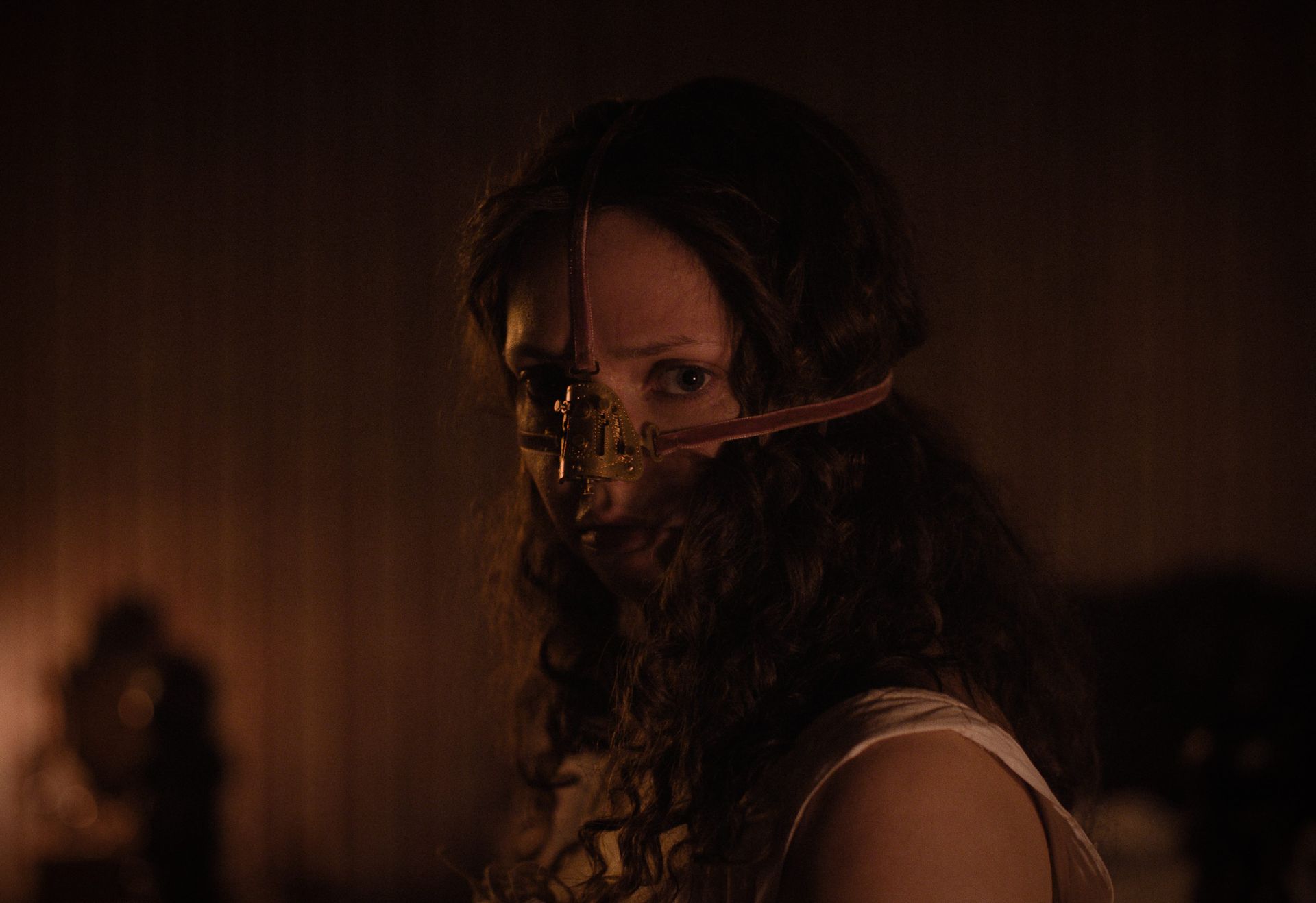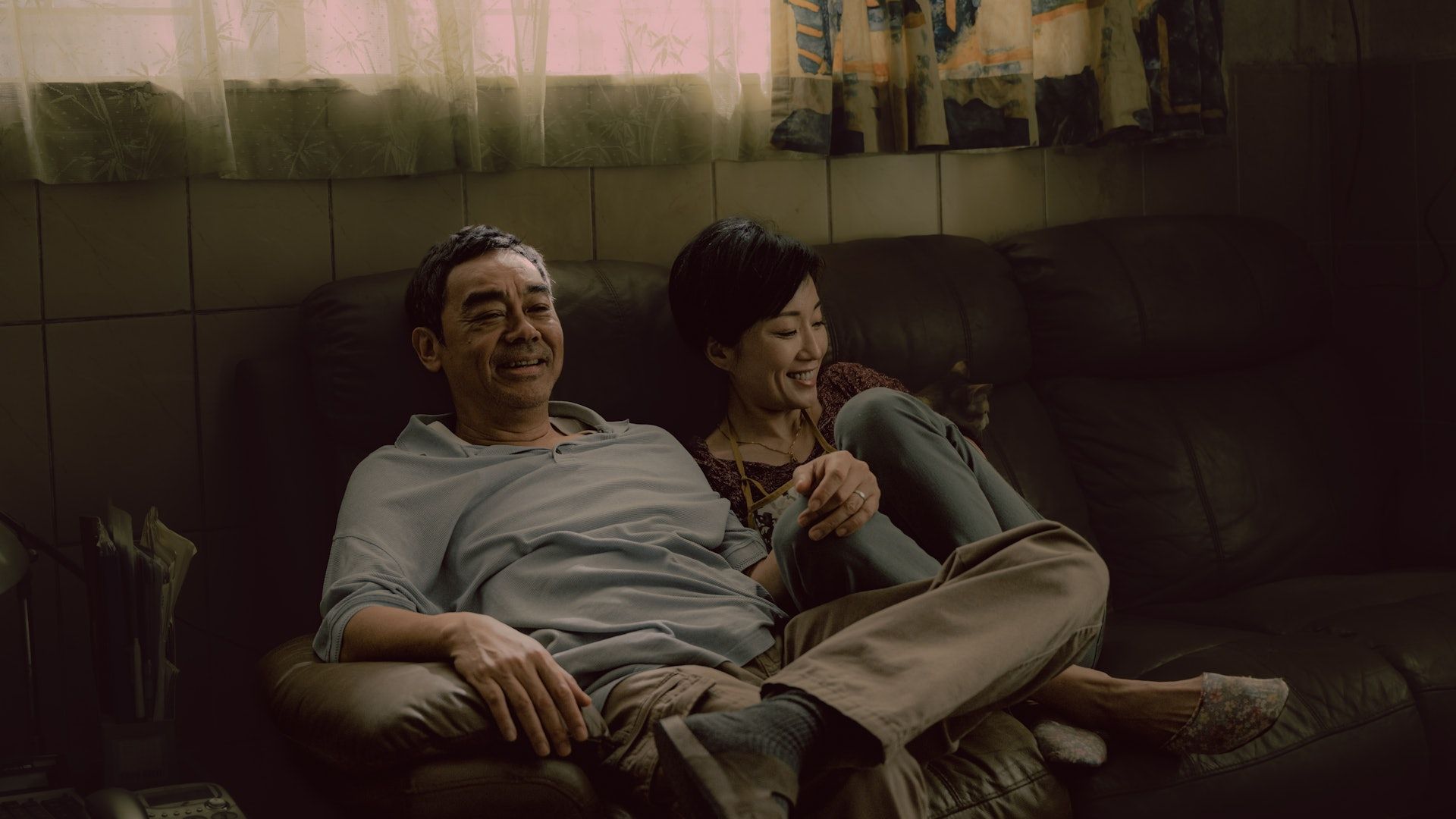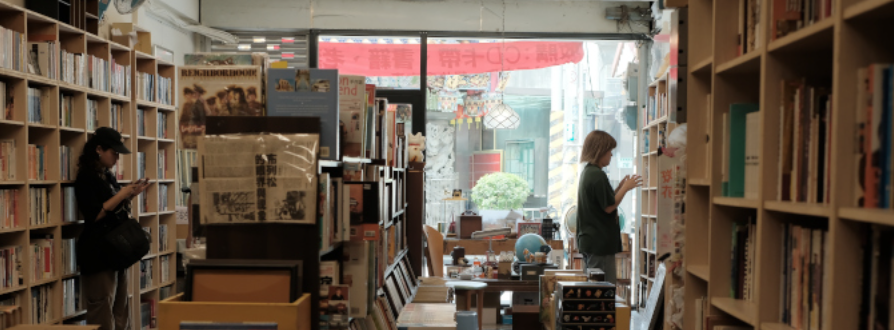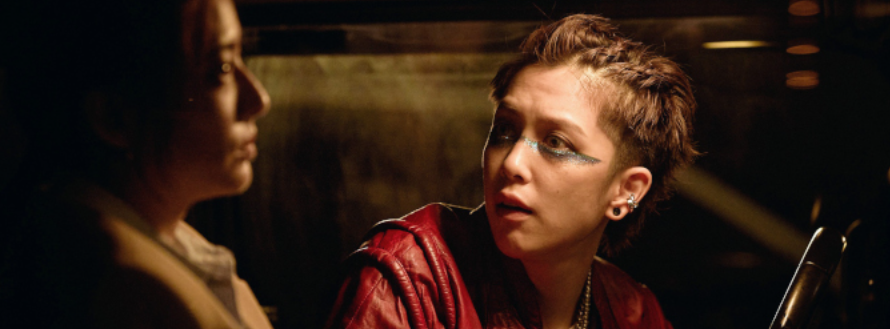Film Review #55: NEVER RARELY SOMETIMES ALWAYS
Film Review #55: NEVER RARELY SOMETIMES ALWAYS
*This film review may contain plot spoilers, reader discretion is advised.*
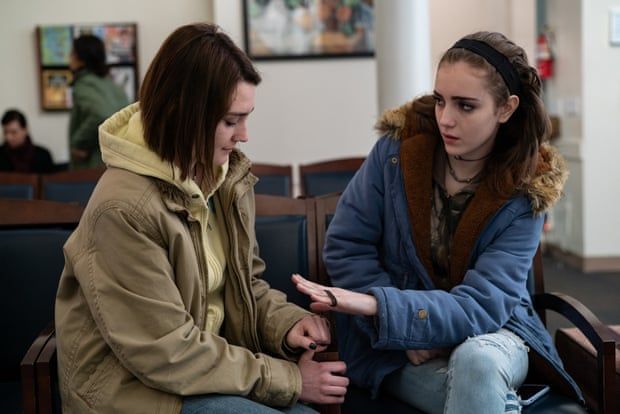
Photo courtesy of: Focus Features
There is something so treacherous yet comforting in films like this. The idea of womanhood looms throughout, and in turn, reveals much about humanity in general. The suffocating isolation that Autumn experiences, and the pain and fear that accompanies that situation, feels hauntingly visceral and familiar.
Hittmans ability to do so much with seemingly so little is unparalleled. I have never been, simultaneously, so overcome with pure entrancement and heartache while watching a film. Curled up on an armchair, I started to sob when the camera panned up to Autumn’s hand clutched in the hand of the social worker. It is one of the only scenes that provides any sense of relief for the viewer. Throughout the rest of the film there is an immense pressure, cleverly created by the sparse dialogue and intense close-ups, forcing the viewer to confront discomfort even before disconcerting scenes occur.
There is a painful juxtaposition of how the genders see relationships - first, as Autumn opens the film with a gut-wrenching song where she states "he makes me do things I don't wanna do, he makes me say things I don't wanna say," and second, when we meet Jasper who sings "if I had a photograph of you, it's something to remind me, I wouldn't spend my life just wishing." Hittman is conveying that we live in a duality with sexual dynamics. Women view love and relationships as onerous, asking too much of them, stripping them of true autonomy, while men always demand more of women.
The juxtapositions run throughout. We observe Autumn and Skylar harassed and sexualised countless times by men, but the encounters are slipped into the film as casual instants, not the main plot. While both fulfil the duties of the subservient personas that are deflected onto them by men, the same men yearn for more - more sex, more femininity, more purity, more compliance: taking mementos of their personhood in order to reduce the two girls to what men perceive as a ‘women’.
The 'tabooness' of the occurrences that both girls experience highlights how constantly disheartening life can be for a woman. Perhaps this is why I found solace in the 1 hour 40 minute run time, because I, a young woman, understood. I saw the strength, felt the terror, and grasped the beauty that is the support of other women. This image of resilient and enduring womanhood that Autumn and Skylar portray is one not every woman reflects in the film. Autumn's initial doctor shamed her and opposed an abortion. Her oppressive ideologies allowed her to misdiagnose Autumn, leaving her more vulnerable - a testament to the reality of the constraints within a system that was built to support women’s health and wellbeing. Even the facilities, like the more ‘objective’ planned parenthood, where Autumn goes later on, struggle to offer the full amenities to be effective.
Through this masterpiece of cinema, I see systemic misogyny that plagues society and the capitalist demands that impede women from ever really being stable - financially, mentally and physically. I love this film and everything that embodies its unadulterated truth.
A few additional little things I’ve picked up upon rewatches (yes, multiple):
- Hittman touches on coping as an alternate lens to explore despair. She does not excuse or dismiss Autumn's anguish but relays it in the simple ways she prevails: turning away from the monitor as her baby's heartbeat sounds, singing, allowing herself to cry, intertwining her pinky finger with her cousin’s…
- During the point where Autumn is looking for Skylar who has gone off with Jasper, she is depicted fervidly looking around on the street. The camera becomes a long shot and we see her facing the left while all other passersby walk facing the right. In this moment Hittman highlights Autumn's isolation, while also suggesting her desire to continue and fight despite the pushback she has experienced.
- After Autumn's abortion, the camerawork becomes a lot more stable. That pressure that underlies every scene is slightly alleviated. Additionally, Hittman opts for shots that present the girls less invasively. Instead of forcing the viewer to stringently analyse each pained etching in the girls' faces with close-up shots, she graces them with the freedom of letting go - letting go of the baby, but also the weight of the oppressive world that you now know as personally as Autumn and Skylar.
——————————————————————————-
About the Author: Juliette is an avid film reviewer on Letterboxd. For more reviews by Juliette, follow her on Letterboxd: (https://letterboxd.com/juliettebl/)

